See more imagery from Tuesday’s Falcon 9 launch from Cape Canaveral:
Category: Elon Musk – Page 208
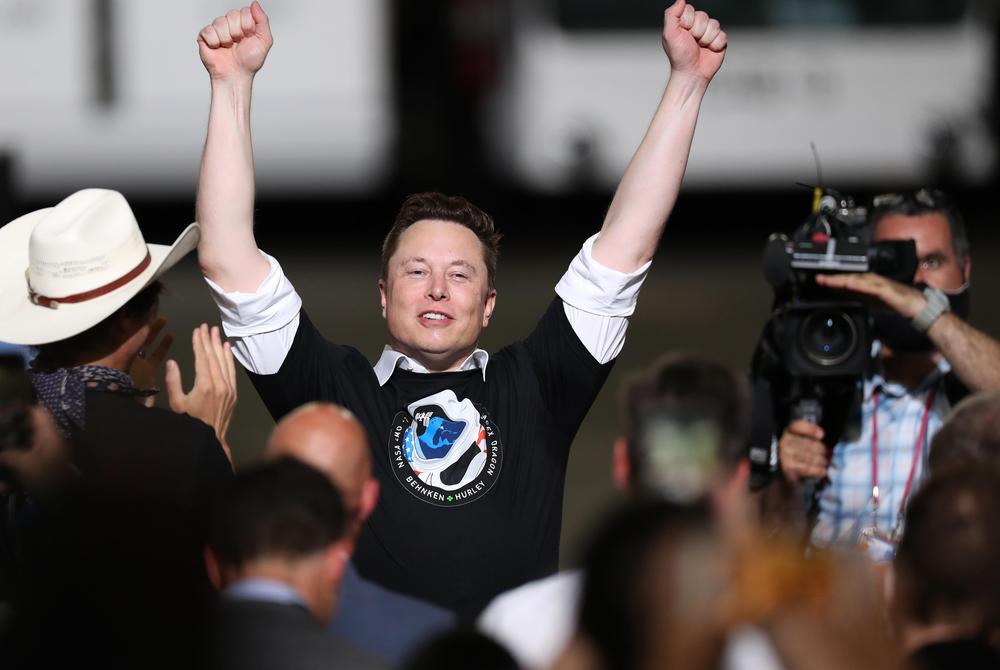
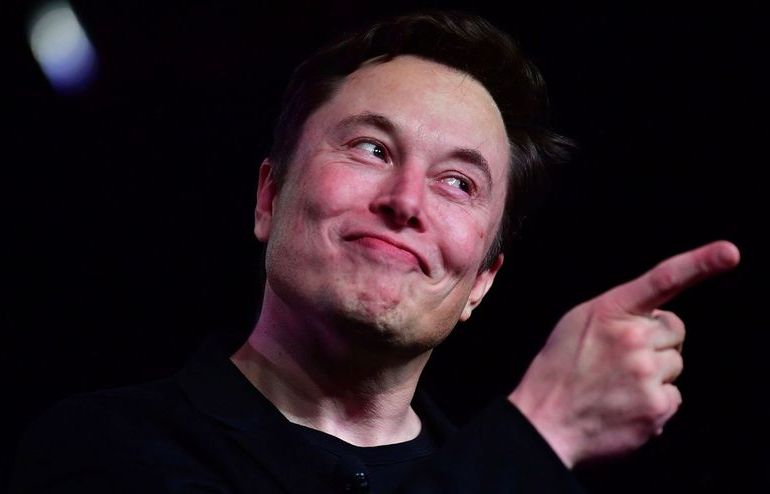
Tesla cars are going to play elevator music through external speaker because Elon Musk likes it
Tesla vehicles are equipped with extrernal speakers.
The main function is to output a pedestrian warning sound, which has become required for electric vehicles in many markets due to the fact that they are quiet at low speeds.
Tesla CEO Elon Musk has been playing around with ideas on how to release other features that take advantage of the fact that the vehicles are now equipped with external speakers.
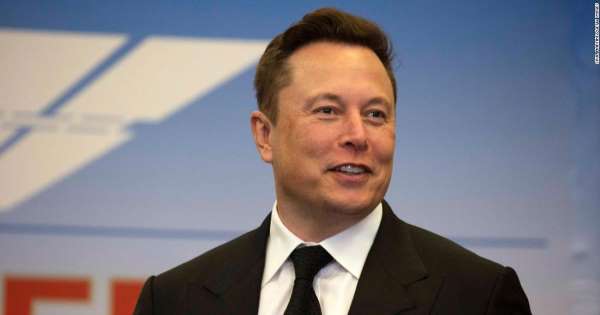
SpaceX is now a $46 billion ‘unicorn’
SpaceX, the Elon Musk-led company that recently became the first business in history to send astronauts into Earth’s orbit, is parlaying its successes into big money.
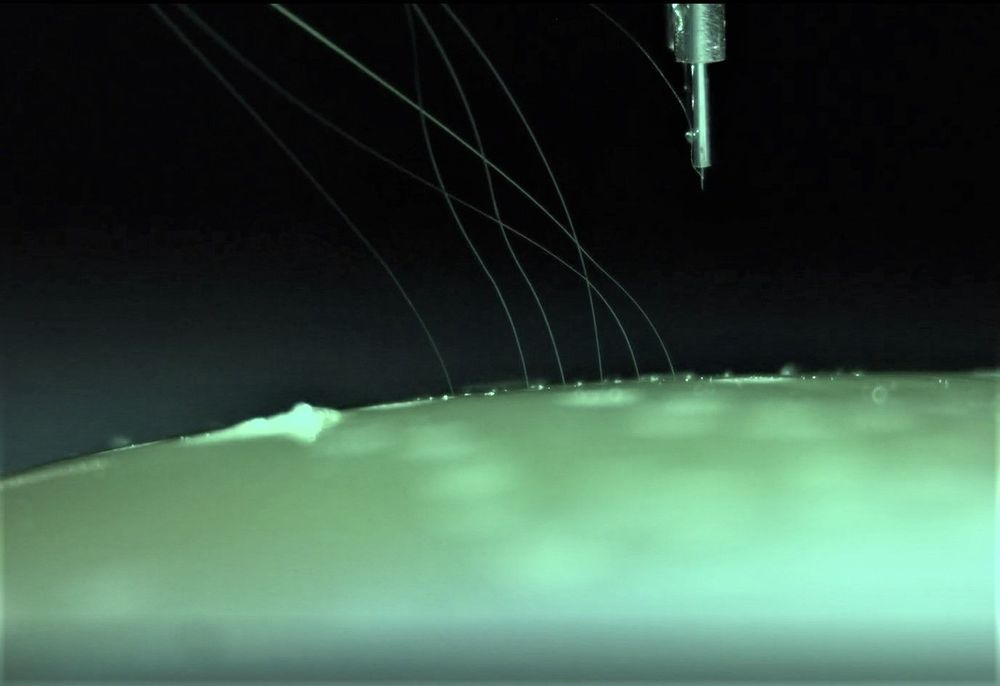
Your Brain, With a USB Port in It: Musk’s Neuralink Update Likely to…
A leading expert in socially responsible technology innovation Dr Andrew Maynard told us “I think Musk’s overreaching and he probably knows it.
”That said, Elon Musk has got a track record of doing things that other people said can’t be done. So I think that this is going to be an interesting space because of that… [But] I think we’re a long way from understanding how this works.
”Even with Elon Musk’s system you have around ten thousand electrodes. There are billions of neurons in your brain. It’s a needle in a haystack”.
Elon Musk World’s 1st Trillionaire (after Making $57.2B in 2020)
First and foremost, I would likd to reiterate that Elon Musk is not motivated by money. Elon Musk uses his wealth to make a difference to mankind. Yes he makes billions (and deservedly) but he invests his billions for other projects too. From Tesla to Neuralink; from Starlink to The Boring Company. And for me the ever exciting SpaceX. My only wish is I live long enough to witness his many inventions and projects.
Four months ago when I did the video below and predicted that Elon Musk would be the World’s First Trillionaire, most people laughed and ridiculed the video especially as at that time Elon was only the 35th Richest Man in the World with a net worth of around the $30 Billion mark.
Fast forward four months later, Elon has added another £57.2 Billion to his net worth. And from 35th to 4th richest person in the world.
Imagine being the world’s first Trillionaire overcoming Jeff Bezos. What further projects will Elon do to advance the development of mankind. I for one, can’t wait.
Elon Musk has led Tesla to successfully pioneered the electric car. Will Tesla also propel Elon Musk as a potential candidate for the position of the world’s first trillionaire.
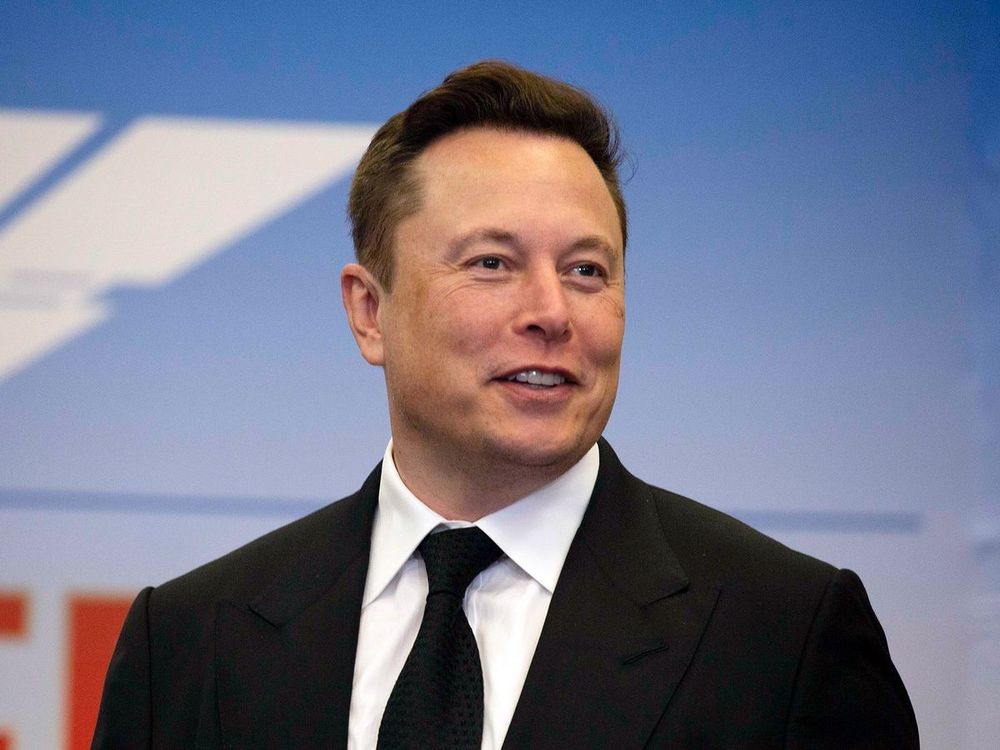
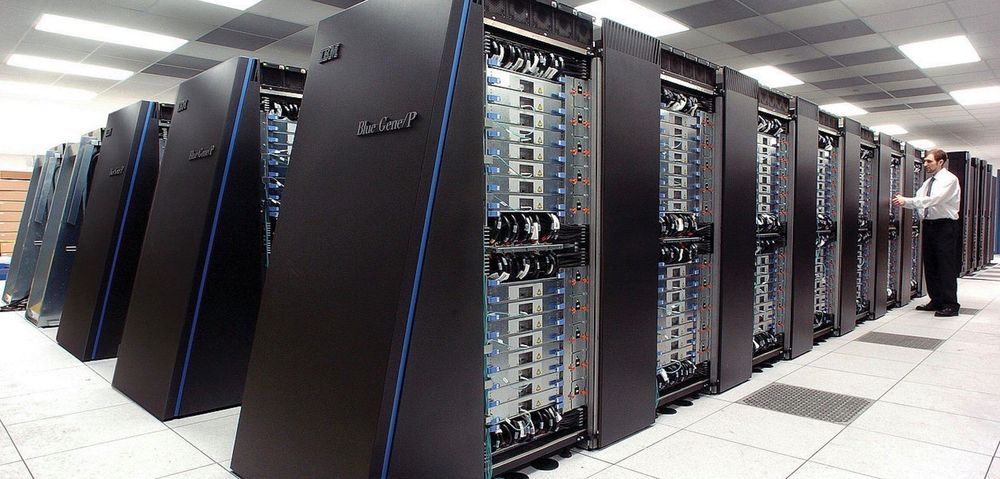
Material found by scientists ‘could merge AI with human brain’
Technology could enable new health diagnostics and achieve Elon Musk’s goal of integrating with artificial intelligence.
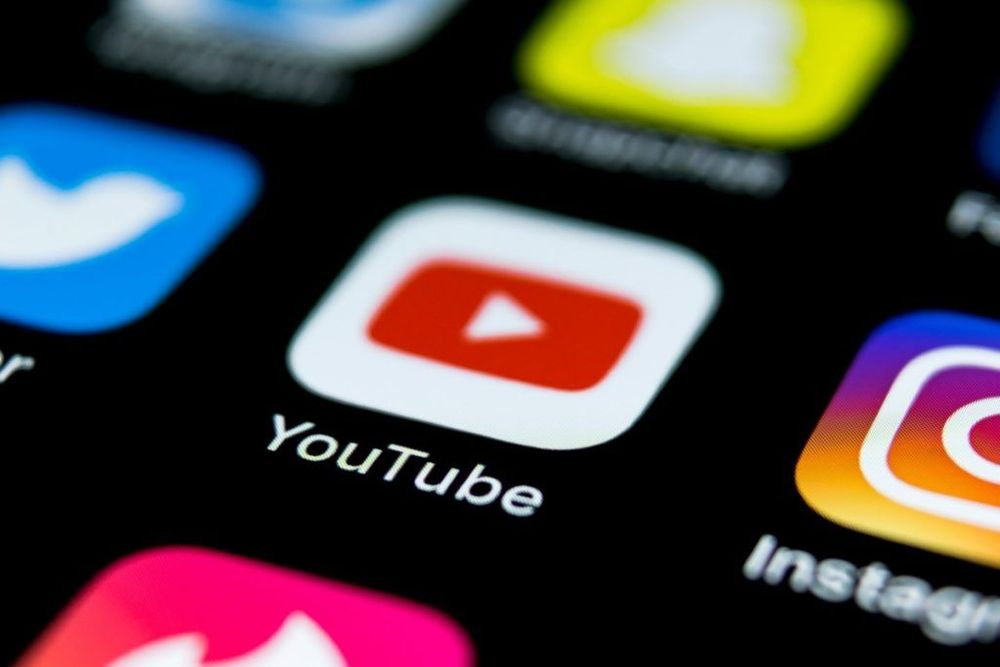
YouTube is under attack
First Twitter and now YouTube is under attack by hackers promoting Bitcoin scams through live broadcasts using old Elon Musk speeches and a fake broadcast of the launch that SpaceX and NASA made last week. The hackers appear to have compromised several high-profile YouTube channels and today the account of youtuber Jon Prosser was the object of this attack, his channel is broadcasting with 40 thousand viewers and the attackers have already received around 4 thousand dollars in Bitcoins.
It may also interest you: What are cryptocurrencies?
Last week there were several reports that people who wanted to see the launch of the SpaceX clicked on videos that looked official and that they were posted by seemingly legitimate YouTube channels with hundreds of thousands of subscribers and were found with messages from “Bitcoin giveaway” urging them to send Bitcoin for double cash back, a common scam tactic. Today Jon Prosser reports that something similar is happening on his channel.